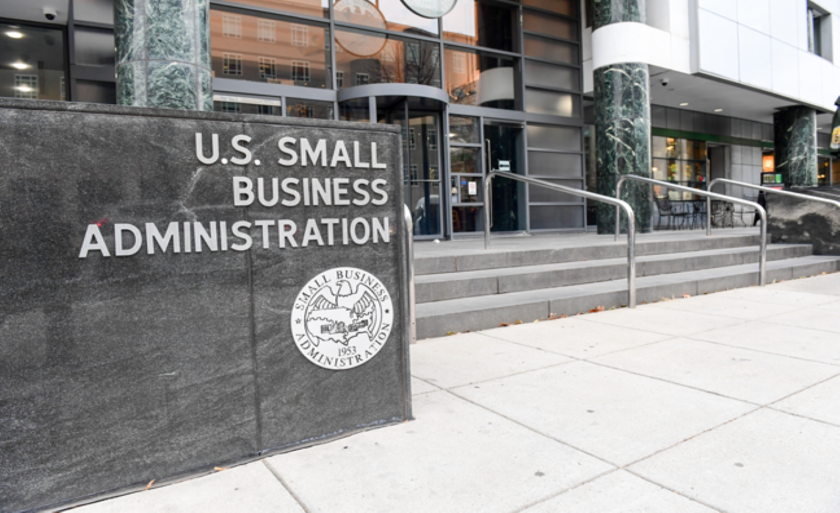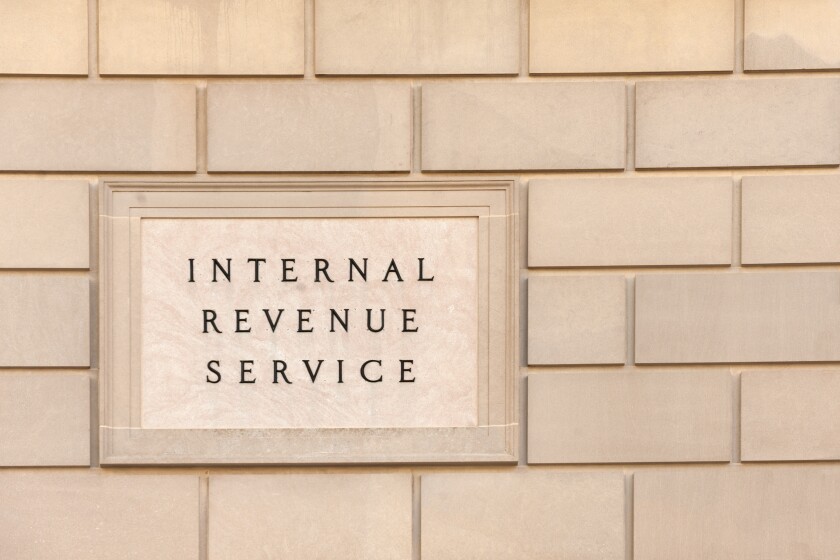Accountants and tax professionals have been helping their small business clients deal with the economic fallout from the COVID-19 pandemic, shifting away from their routine compliance work after the end of the prolonged tax season.
The coronavirus pandemic has introduced a number of new areas that companies need to address.
The U.S. Small Business Administration and the Treasury Department are making it easier for companies to get their Paycheck Protection Program loans of $50,000 or less forgiven.
Lenders welcomed the move as a helpful first step but are still urging policymakers to develop a broader, simpler process for expediting the approvals of loans extended to troubled small businesses under the Paycheck Protection Program.
Small-business employment and hours worked grew a bit in September, especially in the Northeast and within the construction industry, according to the latest monthly report from payroll giant Paychex.
The Internal Revenue Service said Tuesday that lenders who make Paycheck Protection Program loans that are later forgiven under the CARES Act should not file information returns or furnish payee statements to report the forgiveness.
But the federal government has been able to correct some of its earlier missteps, like sending millions of stimulus checks to the deceased, according to the Government Accountability Office.
Delivering advisory services to help small businesses through the pandemic is a win for everyone.
Senate leaders will be trying to hold their parties together for a vote Thursday to advance a slimmed-down stimulus bill that Democrats have already rejected, with both sides jockeying for advantage in public perceptions two months before the election.
With the forgiveness process now open, accountants, tax professionals and auditors are working around the clock to submit forgiveness applications on behalf of their clients. There are several steps you can take to increase the likelihood of loan forgiveness.













